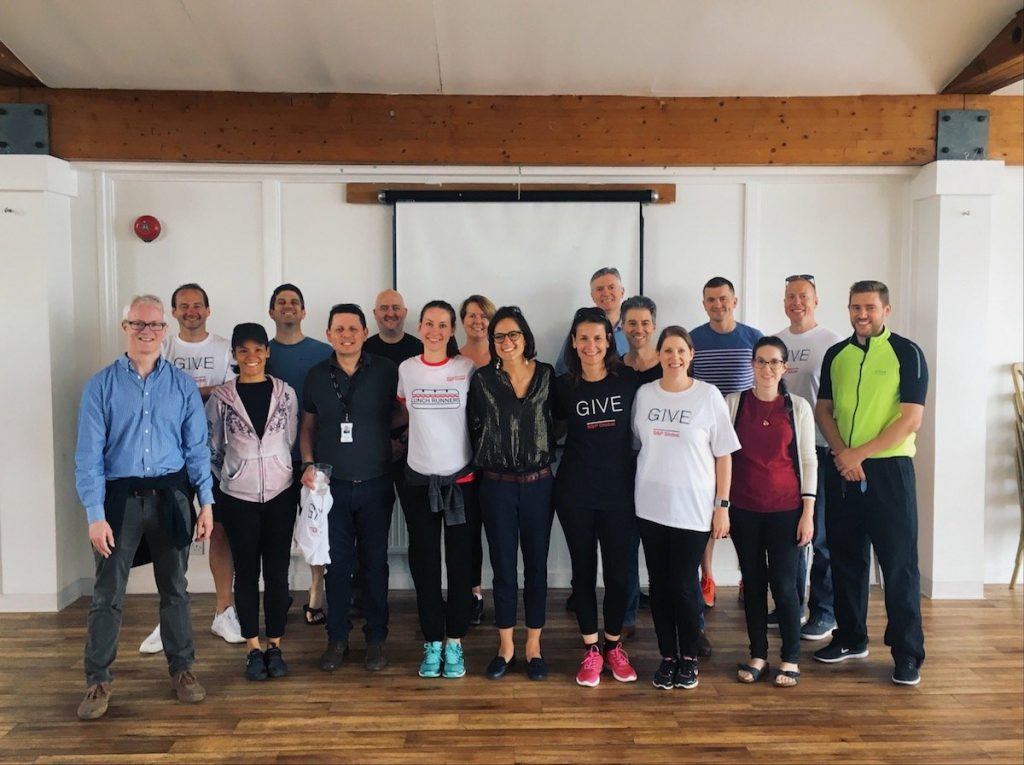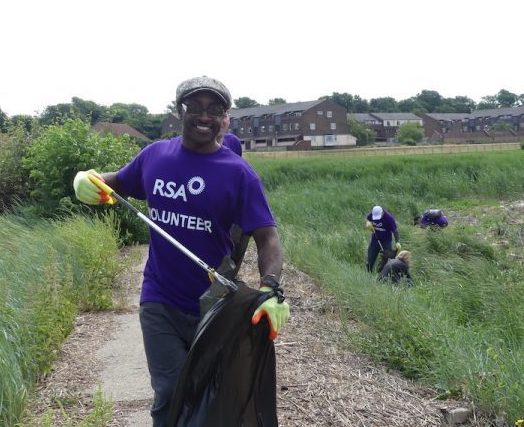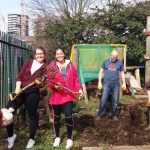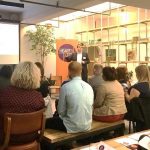Volunteers tackle the big plastic problem
If you’ve walked around the Canary Wharf docks in the past year, you may have noticed boats of people fishing in the waterways. It’s not fish they’re after though, it’s plastic! The Hubbub Foundation has been running the plastic fishing trips for corporate volunteers as a team building activity but also as a way to educate people about the wider issue of plastics in our waterways. The flagship in Hubbub’s flotilla is the Poly-Mer; the world’s first boat made from recycled plastics. The plastic fishing trips reduce marine waste and provide recyclable plastic that can be used to create the Poly-Mer 2.
S&P Global volunteers have completed three plastic fishing trips this year and while having a fun time, the key message they came away with is that we all need to do our own bit to reduce plastic pollution. A volunteer from S&P Global said of the experience:
 “It’s great to connect with the community, meet new co-workers and take part in protecting the environment. I need to do my own bit to reduce plastic on an everyday basis.”
“It’s great to connect with the community, meet new co-workers and take part in protecting the environment. I need to do my own bit to reduce plastic on an everyday basis.”
Despite the growing conversation around plastic usage, large amounts of plastic waste are still making their way into our waterways. Of the 300 tonnes of rubbish cleared from the Thames each year, a large proportion of this is plastic. This affects birds, fish and other species as well as preventing reeds and other natural vegetation from growing.
 At the RSPB Rainham Marshes Nature Reserve, they have been using corporate volunteers in the fight against plastic waste. Teams have taken part in a river bank clean to remove the vast amounts of deposited rubbish that washes up on the reserve. Not only does the rubbish look unpleasant but it damages important habitats for much of the wildlife at Rainham Marshes. By tackling the big plastic problem we can start providing more homes for nature.
At the RSPB Rainham Marshes Nature Reserve, they have been using corporate volunteers in the fight against plastic waste. Teams have taken part in a river bank clean to remove the vast amounts of deposited rubbish that washes up on the reserve. Not only does the rubbish look unpleasant but it damages important habitats for much of the wildlife at Rainham Marshes. By tackling the big plastic problem we can start providing more homes for nature.
Earlier this year, a team from the RSA commented on the visible impact they made to the reserve:
“You could really see the difference on the day. We felt fulfilment as team to know that we made a difference.”
Volunteering is a great way to help tackle the problem of plastic waste directly. Seeing the problem first hand also helps educate people and hopefully inspire them to make those small changes that will reduce plastic use. Remember to take your tote bag to the supermarket, carry a reusable bottle with you, say “no” to plastic straws and make sure to pass on the message to your friends, family and colleagues.


